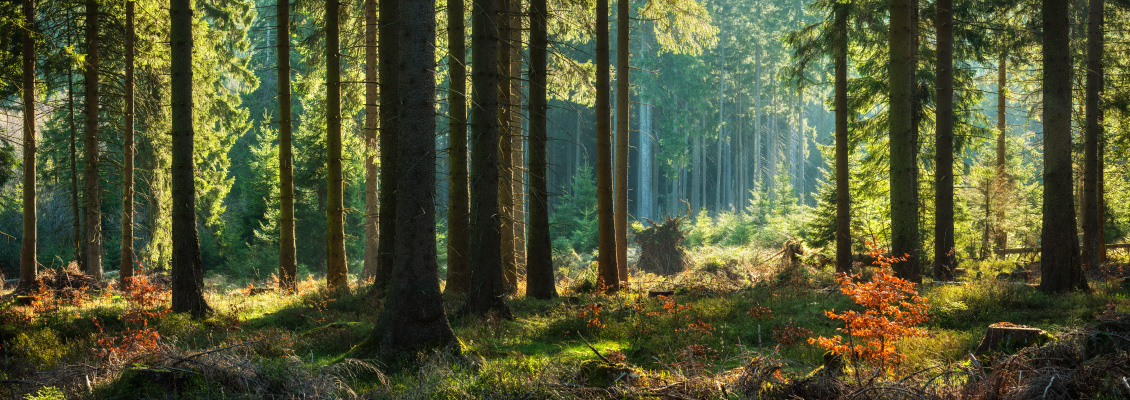June 21st is National Indigenous Peoples Day on Turtle Island. National Indigenous Peoples Day acknowledges the resilience of Indigenous communities and culture despite ongoing cis-hetero-patriarchal colonialism that strives to uphold systems of oppression through genocide, racism, land dispossession efforts and more. Their celebration is a form of resistance for the self determination that Indigenous communities demonstrate in preserving their diverse culture that North America continuously infringes on.
Reconciliation is not just reflection but it requires meaningful action in the ways of being, knowing, and doing as we continue to exist on Indigenous lands. It is encouraged that students who are settlers recognize and reflect on their privilege to live and learn on the unceded, unsurrendered territories of the lək̓ʷəŋən and W̱SÁNEĆ peoples. Notably, those of us who are settlers living on these lands have a responsibility to understand that our continued presence on stolen lands showcases that the structure of colonialism continues to this day; colonialism is ongoing, not simply an event of the past (Tuck & Yang 2012).
It is important we recognize that academic institutions hold a unique position on Indigenous Peoples day as education in so-called Kanada was used to colonize Indigenous peoples through church funded residential schools. These schools were used to forcibly indoctrinate, shame, oppress and assimilate Indigenous children into Eurocentric and Christian ways of living.
The University of Victoria bought their land for this campus from the Hudson’s Bay Company in the 1960’s, therefore continuing the complicity of education being used to colonize the land. The Hudson’s Bay Company was one of the first companies established in so-called Kanada and profited from resource extraction and impediment on Indigenous lands and waters, using Indigenous labor and skills to do so. In 1892, they began the smallpox epidemic in Victoria through fur trading with Indigenous Peoples. In little more than a century, due to smallpox, the Indigenous peoples population had been slashed by 90 or 95 per cent (Great Bear Rainforest, 2018). The success of the Hudson’s Bay Company was rooted in capitalizing from Indigenous lands and waters through Indigenous labor, Indigenous knowledge and Indigenous governance.
Therefore when UVic bought this land from one of the most powerful colonial powers that killed a majority of Indigenous Peoples in this province – they inherited that responsibility to rectify the relationships with Indigenous Peoples. To this day education is used to perpetuate the cycle of power to cis-hetero-patriarchal colonialism. It would be ignorant to assume that our education is decolonized and does not practice laws, behaviors, and policies that keep it alive and fed. Decolonization is a politically powerful movement that seeks to disrupt the colonial infrastructures and practices that negate Indigenous sovereignty. Decolonization is not land acknowledgments, having a quota for how many Indigenous Peoples are involved in your organization, or even having a participatory, advisory branch of Indigenous Peoples because these methods do not disrupt power. Those actions serve to reaffirm colonial institutions’ image as progressive rather than engaging in the liberatory movement centered on Indigenous sovereignty on their land, waters, and bodies on Turtle Island and beyond.
As the UVSS continues to operate on the unceded territories of the lək̓ʷəŋən and W̱SÁNEĆ peoples, we as the Board of Directors locate ourselves with, and acknowledge the profound privilege uninvited settlers have on this land. Our hearts and minds go out to the many Indigenous peoples around the globe who are currently facing genocide from western countries infringing onto their lands. The true work of decolonization is not over and we reaffirm our commitment to uplift Indigenous voices and sovereignty over their lands and bodies on Turtle Island and beyond. We commit to upholding our values of Decolonization and Social Justice, which guide our dedication to dismantling colonial structures in our personal lives, our workplaces, classrooms and communities for an equitable future for Indigenous peoples.
Today is not the only day we recognize Indigenous peoples but everyday we initiate these conversations as an organization to restore justice, decolonize and further equity on campus and into our communities.
Sincerely,
UVSS Board of Directors
Resources:
- Read:
- “W̱SÁNEĆ : Emerging Land or Emerging People” Jack Horne
- “Braiding Sweetgrass” Robin Wall Kimmerer
- “Reclaiming Two-Spirits: Sexuality, Spiritual Renewal and Sovereignty in Native America” Gregory D. Smithers ; foreword by Raven E. Heavy Runner.
- Decolonizing Law Indigenous, Third World and Settler Perspectives Edited By Sujith Xavier, Beverley Jacobs, Valarie Waboose, Jeffery G. Hewitt, Amar Bhatia
- “As We Have Always Done: Indigenous Freedom through Radical Resistance” by Leanne Betasamosake Simpson
- “Indigenous Men and Masculinities: Legacies, Identities, Regeneration” edited by Robert Alexander Innes, Kim Anderson
- Watch:
- Kanehsatake: 270 Years of Resistance (Director: Alanis Obomsawin, 1993).
- Angry Inuk (Director: Alethea Arnaquq-Baril, 2016)
- Interactive map resources:
- Native-land.ca – to find out more about whose territories you live on
- First Peoples’ Map of BC – which showcases the language, arts, culture, territory and more of different First Nations
- Do you live near a residential school? – CBC interactive map
- Listen:
- All My Relations Podcast
- Métis in Space
- Media Indigena
- Stories from the Land
- Unreserved
- The Secret Life of Canada
- Cited:
- Tuck, E., & Yang, K. W. (2012). Decolonization is not a metaphor. Decolonization: Indigeneity, Education & Society, 1(1), 1-40.
- History of Campus Planning – University of Victoria (uvic.ca)
- The fur trade era, 1770s–1849. Great bear rainforest trust. (n.d.). https://greatbearrainforesttrust.org/wp-content/uploads/2019/11/5-Fur-Trade-Era-1770-1849.pdf
